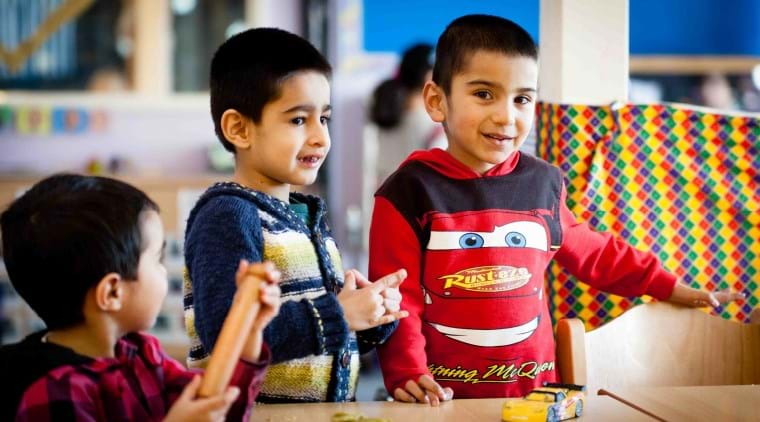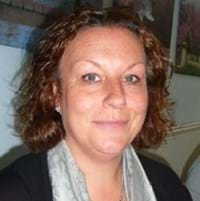“ ”
Connecting with families
Nurseries, pre-schools and childminders across York use the WellComm Tooklit from GL Assessment to screen children within the first few weeks of attending to identify communication needs. Developed by speech and language specialists, the kit includes the Big Book of Ideas, which offers 150 interventions practitioners can start introducing straight away to address any issues raised.
Settings share the results and interventions from WellComm directly with parents and carers so they know which games and activities they can encourage at home to build their child’s vocabulary and language development.
At Little Peanuts Day Nursery in York, each child has a learning journal where parents and carers can view the latest WellComm screening outcomes alongside activities they can do at home. In addition, the nursery uses an app on a mobile device where photos of activities and progress can be shared daily.
As Sarah Hardwell, the nursery director explains, “The results from WellComm reassure parents and carers that issues are flagged. If their child scores amber or red, they know they don’t need to be speech and language experts to help at home. The activities can be woven into household routines, counting socks or modelling positional language such as ‘above’ and ‘below’ while washing up together.”
Parents and carers are invited to face-to-face meetings every eight to ten weeks or more often, depending on the issues raised in the WellComm screening. However, it is not always possible for some families to attend. “The app means we can share information that helps parents and carers understand how they can build their child’s speech and language skills as part of their normal daily routines,” says Sarah. “This really makes a difference when they are busy with work or have other caring responsibilities.”
Families are kept up to date with their child’s general progress at nursery through the parent app too. “We have a ‘drop at the door’ policy as children settle much more quickly when they arrive. There’s only time for a quick catch up with parents so the app gives us another way to communicate,” Sarah explains.
In addition, parents can use the app to voice any concerns or share information that could explain a child’s lack of engagement that day, such as a poor night’s sleep. “It builds on the partnership between parents and their key worker and helps families better understand how they can meet their child’s needs.”
A strong partnership
Staff at Little Peanuts are all trained to use WellComm which means they have a deeper understanding of language delays and can answer questions or discuss concerns with parents and carers.
“If a parent is worried, we can talk through their child’s screening results and the issues raised. If a staff member has a gut feeling about a child, they can quickly assess them too and if an issue is identified, help can be provided straight away,” says Sarah.
The nursery runs regular stay and play sessions for parents and their children too. Staff use these sessions to demonstrate key strategies for communication development, such as modelling language. Parents and carers can then replicate this at home to reinforce their child’s new language skills.
“ ”

Team around a child
The involvement of childminders has also been critical to the success of Early Talk for York. Across the city, WellComm is available in local libraries exclusively for childminders so they can quickly screen children and access interventions from The Big Book of Ideas to implement immediately.
Some early years practitioners also come along with parents and carers to their child’s two-year check with a health visitor so issues and concerns can be addressed as a team.
“WellComm is now almost universally embedded into early years practice in York. This means issues are picked up earlier and where settings are working most effectively with parents and carers, they have the knowledge and skills to deliver the help children need. The positive impact of this is already evident in our schools,” Joanne concludes.
Click here to find more information on how the WellComm Toolkit (available in two versions – Early Years and Primary) could support speech and language provision in your area.



